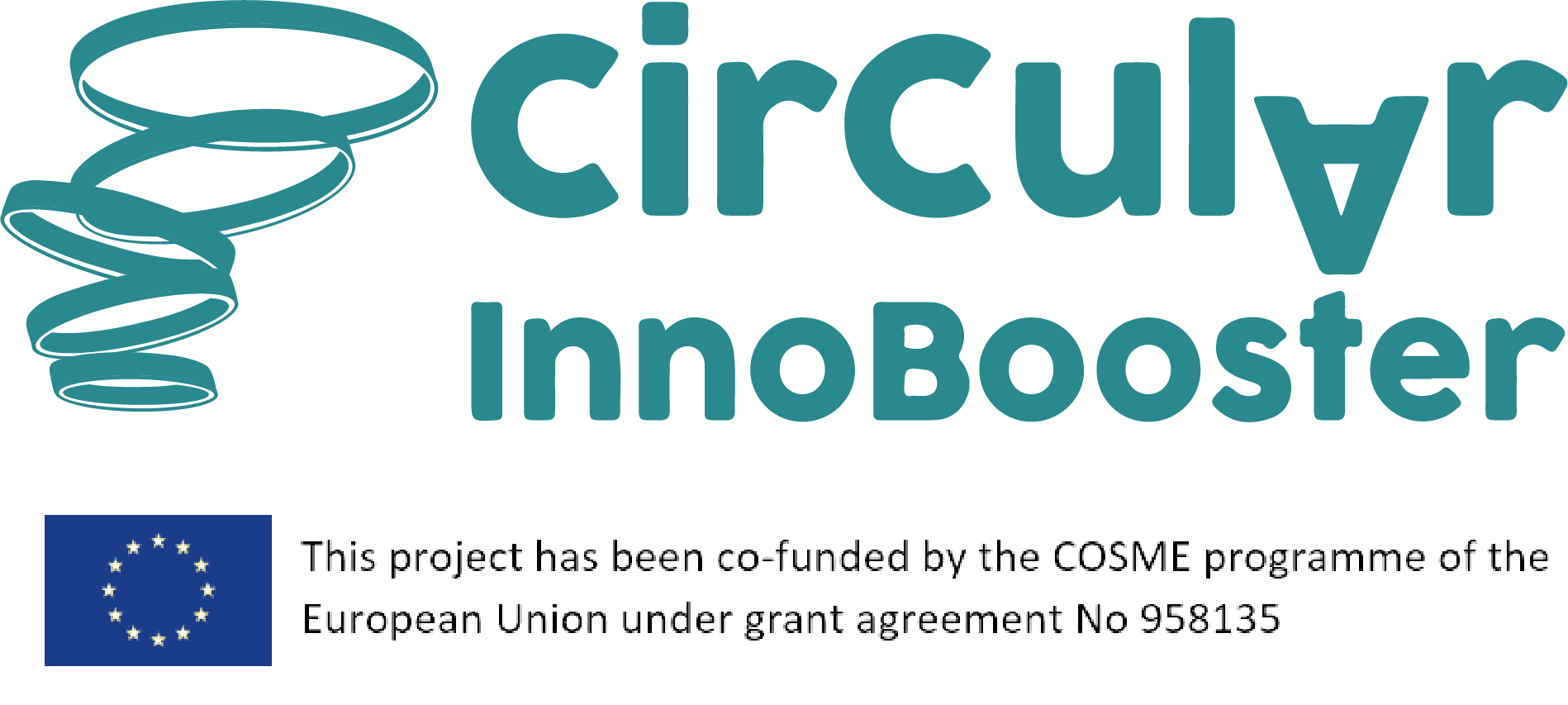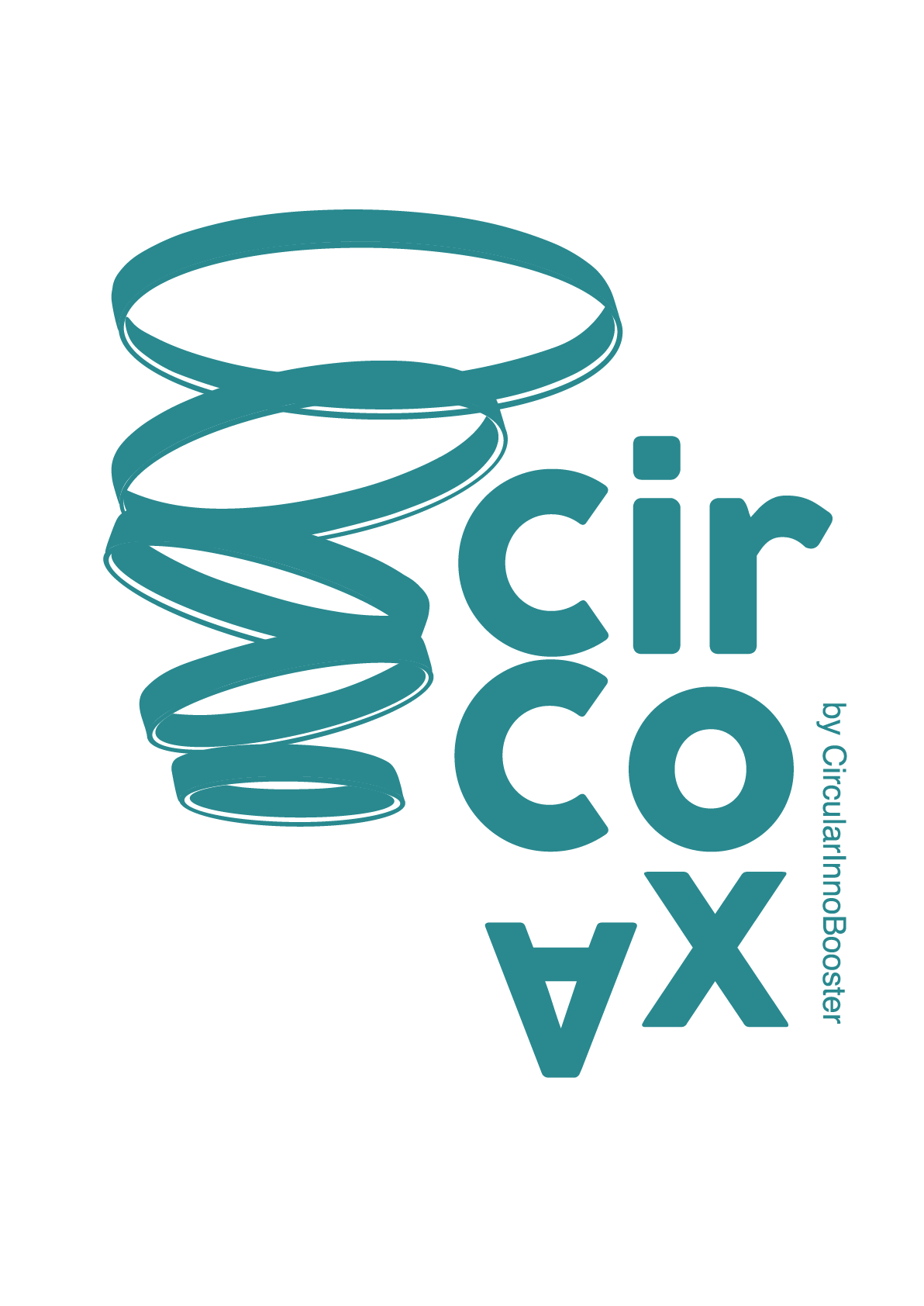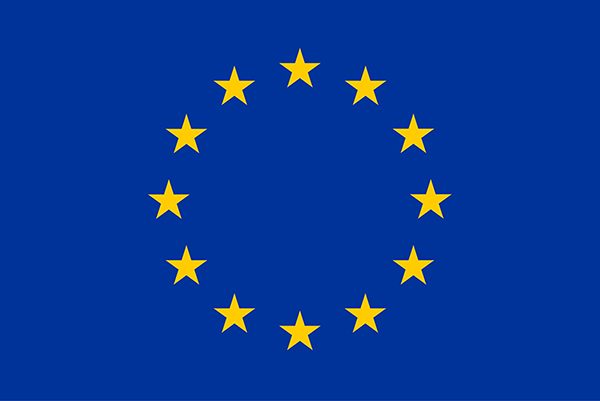
- The webinar “Nextextilegeneration: integrating the SDGs in the fashion and textile industries” showcased ideas and projects that integrate the SDGs to inspire other public and private actors across Europe
On Wednesday 28 September, in the framework of the European project CircularInnoBooster Fashion and Textile (F&T), the webinar “Nextextilegeneration: integrating the SDGs in the fashion and textile industries” was held to showcase ideas and projects that integrate the SDGs to inspire other public and private actors across Europe. The event was organised by the Finnova Foundation, a partner of the project, which also promotes synergies with other European projects through the Nextextilegeneration platform.
The webinar, which was held to coincide with the European Week for Sustainable Development, was opened by Begoña Guzmán, head of Culture for Social Transformation at UNESCO Etxea. In her speech, she recalled the need to bring together People, Planet, Prosperity, Peace, and Partnerships for sustainable fashion to exist. Paloma García, Founder of The Circular Project, took the opportunity to reclaim the importance of Sustainable Development: “It has to be the soul of the company that looks again at humanity, the earth and biodiversity with extreme care for life, and all that this means of profound social and economic transformation.”
Another form of biodiversity is developed by the company REPREVE, whose work is based on recycling plastic bottles into clothing. Its Sales Manager, Héctor del Arco, said that “we have recycled more than 30 billion bottles to date. This is how we work today for the sake of tomorrow.” Robert Gajewski of LeatherCircle, a project that is part of CirCoAX30, emphasised the need to develop a strategy of “closed-loop waste management and treatment technology for waste of various origins generated in the leather, textile and footwear sector.”
The Project Coordinator of CirCoAx by CircularInnoBooster, Mercedes Marín, recalled that this sustainable development has to start from SMEs and startups that are “key to contribute to the environmental, social and economic challenges in line with the SDGs.” An important part of the process was also mentioned: designers. Pepa Bueno, Executive Director of ACME (Asociación de Creadores Moda España), stressed that Spanish designers agree that the best way to work is “the application of craftsmanship as a way to achieve differentiation, exclusivity and modernity.”
Carmen Marqués Ruiz, Ambassador for the European Climate Pact, confirmed the need to implement the SDGs in the textile and fashion industry: “The current economic model is unsustainable”, she stated. Borja Mateu, Environmental Researcher at Inescop, a company dedicated to promoting innovation in the footwear market, insisted that “sustainability in footwear starts with Life Cycle Assessment, goes through Ecodesign and ends with the application of Circular Economy models.” Celina Tamagnini, Co-founder of Circoolar Ethical Workwear, explained how her company is committed to the circular and social economy in corporate fashion, designing ecological workwear that is “recycled, zero waste and has a social impact.”
Poverty and inequality in the textile sector
Other aspects discussed at the seminar were the poverty and social inequality that exists in the textile sector. On this point, Paloma García, and Begoña Guzmán, insisted on the importance of the fashion sector “working to eradicate these two problems. It is the industry with the most irregularities on these points,” said Paloma García.
All this change towards a more sustainable fashion can be achieved thanks to projects such as ClimAccelerator, whose main member is Christian Daube, Strategic Programme Developer at EIT Climate KIC. It is a global programme that offers start-ups access to innovate, catalyse and scale up the potential of their climate solutions. “We are trying to build a bridge between our world’s industry experts and systems to break new ground in carbon reduction.” Commenting on his words, Carmen Marqués, Climate Covenant Ambassador, added that “The EU Green Deal and the EU Circular Economy Action Plan are important steps in the right direction that need to be implemented.”
Juan Manuel Revuelta, CEO of Finnova Foundation, underlined the importance of platforms such as Nextextilegeneration and affirmed that “it is a symbol of how powerful partnerships, and a holistic approach are to meet common goals.” This project aims to act so that the fashion industry acts in a more sustainable way for the future, protecting the oceans as the lungs of the earth and trying to generate a more aware and equitable society.
About CircularInnoBooster
CircularInnoBooster Fashion and Textile (F&T) is a project funded by the European Union’s Competitiveness of Enterprises and Small and Medium-sized Enterprises Programme (COSME).
The CircularInnoBooster project aims to transform companies in the textile and fashion industry into sustainable, circular and regenerative enterprises. With a duration of 2 years, it has a budget of 1,128,000 euros, 75% co-financed by the European Commission. The project is composed of an international consortium led by the European Institute of Design (IED), together with Texfor, Circulab, Finnova and The Circular Project with HumanNation.
About COSME
COSME is the Competitiveness of Small and Medium-sized Enterprises programme of the European Commission’s Executive Agency for Small and Medium-sized Enterprises (EASME).
Through this programme, assistance is provided to SMEs to help them develop their business models, access finance, and internationalise. It also supports public administrations in improving the business environment and facilitating economic growth in the European Union. During the 2014-2020 funding period, this programme earmarked €2.3 billion to support SMEs.
About IED
Istituto Europeo di Design is an academic institution operating in the field of education, training, and research in the disciplines of design, fashion, visual communication and management. IED has branches in Spain (Madrid and Barcelona), Italy (Milan, Rome and 5 other cities) and Brazil (São Paulo, Rio de Janeiro). It operates in several EU and COSME countries through partnerships and agreements with institutions, business support organisations, teachers, experts, and mentors. IED is based on a wide network of connections in the F&T (Fashion and Textile) sector.
About Finnova
Finnova is a foundation working for the promotion and development of innovation and entrepreneurship at EU level. Based in Brussels, it operates through collaborations and partnerships in all EU countries. Finnova’s experience in leading European project communication and dissemination activities is combined with a strong proven track record in start-ups and business support programmes, such as accelerators, incubators and selection and award ceremonial events.
About Texfor
Texfor is the textile association of reference in Spain with 400 members. Founded in November 2010 and based in Catalonia, it brings together companies from the entire textile value chain, from yarns to fabrics through accessories, finishing processes, printing, and dyeing for the garment industry, home textiles and technical / industrial applications. Texfor has expertise and experience, having worked in important expert committees at EU level: university and vocational training, financial capacity building, cross-cutting collaboration, promotion of R&D&I, specialised services, and leadership in sustainability with a focus on the circular economy.
About Circulab
Circulab is a laboratory and business design studio specialised in the development of methodologies, tools, and transformation programmes to help companies develop circular and sustainable business models. Circulab has designed a set of tools to implement the circular economy model in companies. It operates in more than 23 countries, 9 of them in the European Union, supporting projects through more than 60 independent business consultants, applying the circular methodology and tools.
About The Circular Project with HumanNation
TCP (The Circular Project) supports and promotes circular and sustainable fashion in different areas, offering the fashion industry a communication strategy based on a cross-cutting and systemic approach to the circular economy. TCP combines social, ethical, environmental, and economic aspects and has a strong presence and connections in the world of sustainable fashion.
TCP has promoted the Circular Sustainable Fashion Week in Madrid, a unique event of its kind, and acts as the headquarters of the Spanish Association for Sustainability, Innovation and Circularity in the Fashion Industry. TCP is also an ambassador for Sannas (Triple Bottom Line Business Association) and has collaborated with a wide range of Spanish, European and Latin American institutions, and companies. The Circular Project is working with Human Nation to co-design and develop CirCoAX. HumanNation is a consulting firm specialising in the development of innovation ecosystems and transformative and disruptive companies for the “new economy”. It is based on the fourth economic sector, systems thinking and co-creation. It sensitises organisations and ecosystems to respect planetary boundaries and the social fabric, creating resilient local economies with a global perspective.


